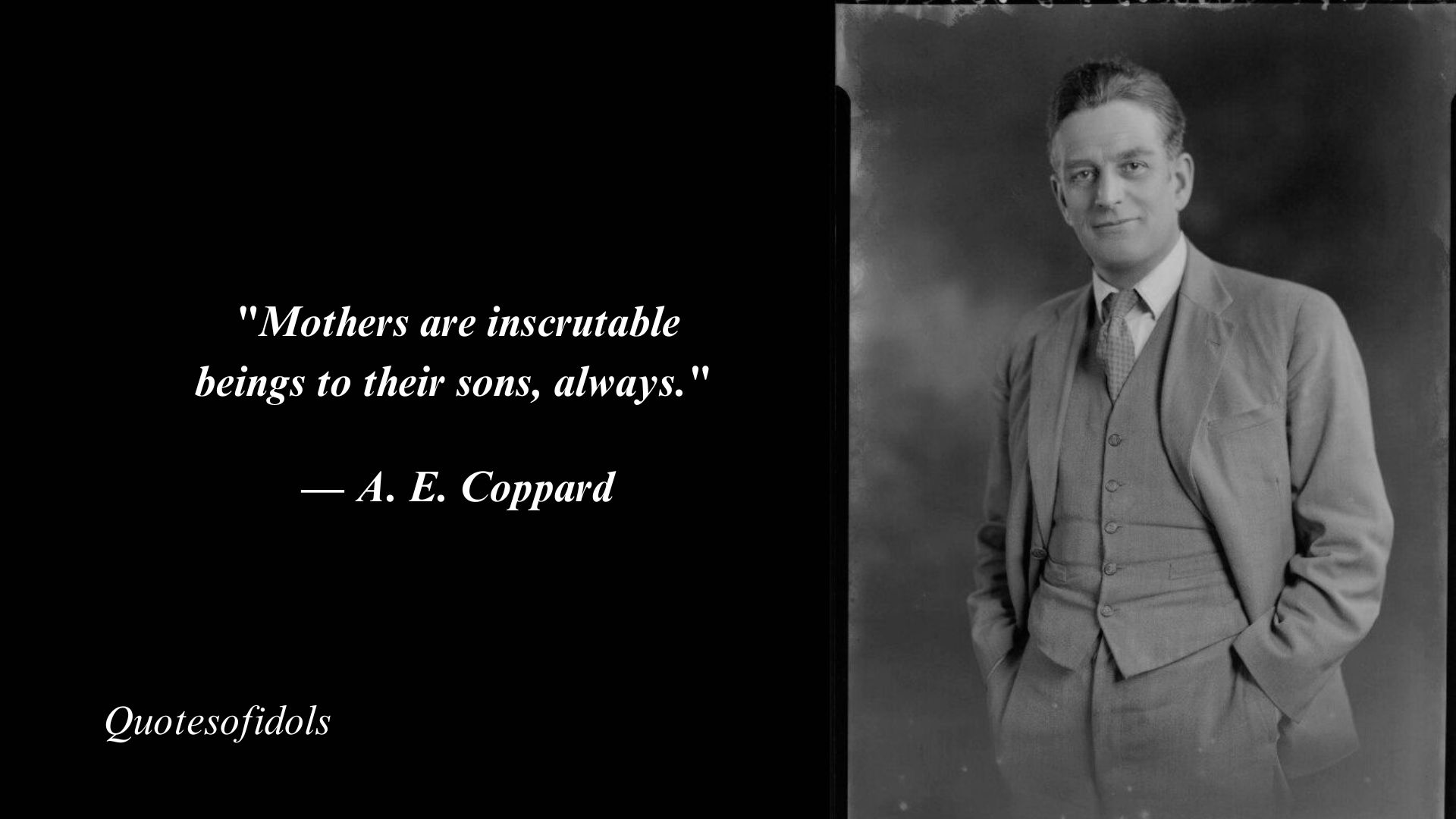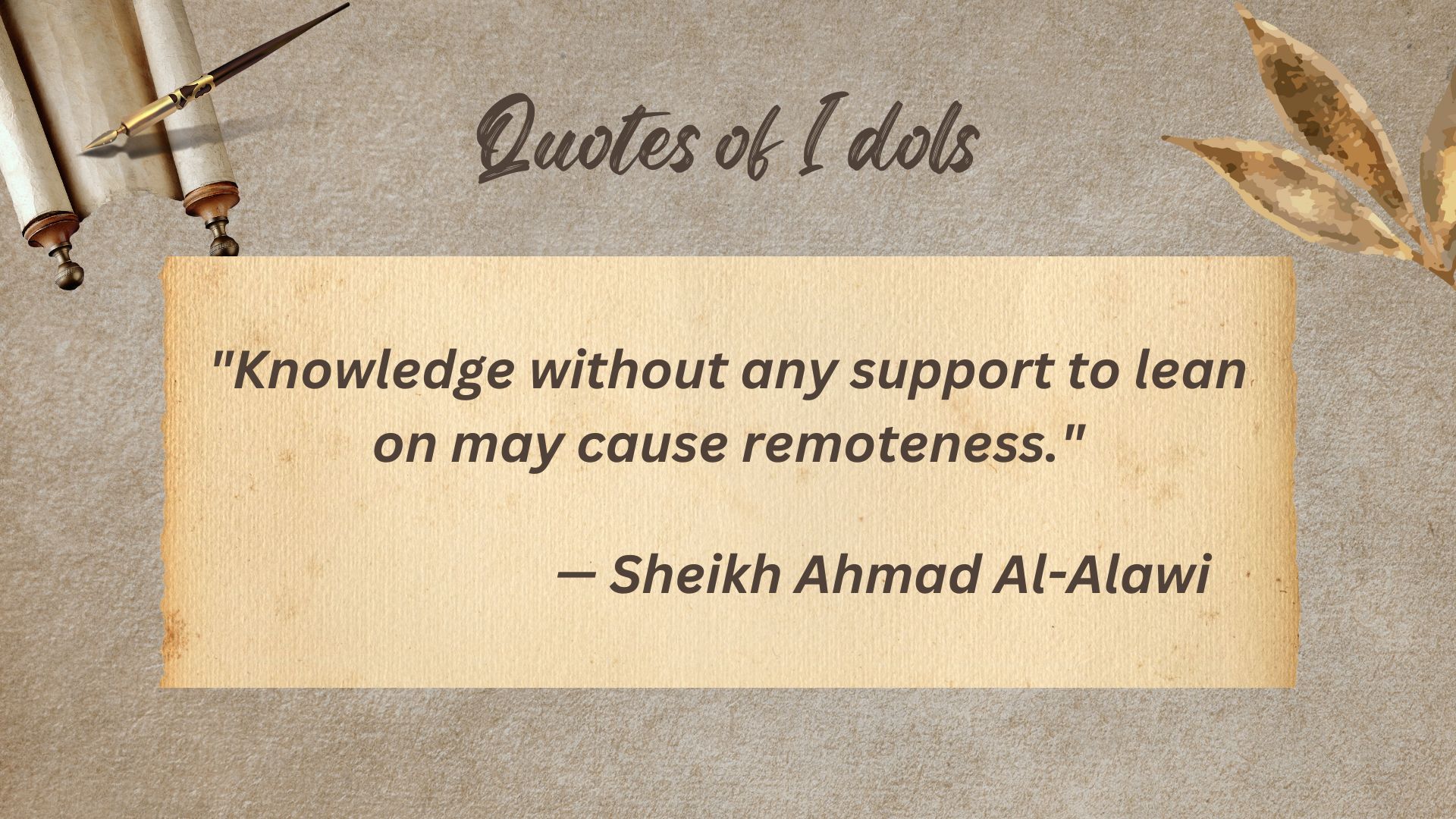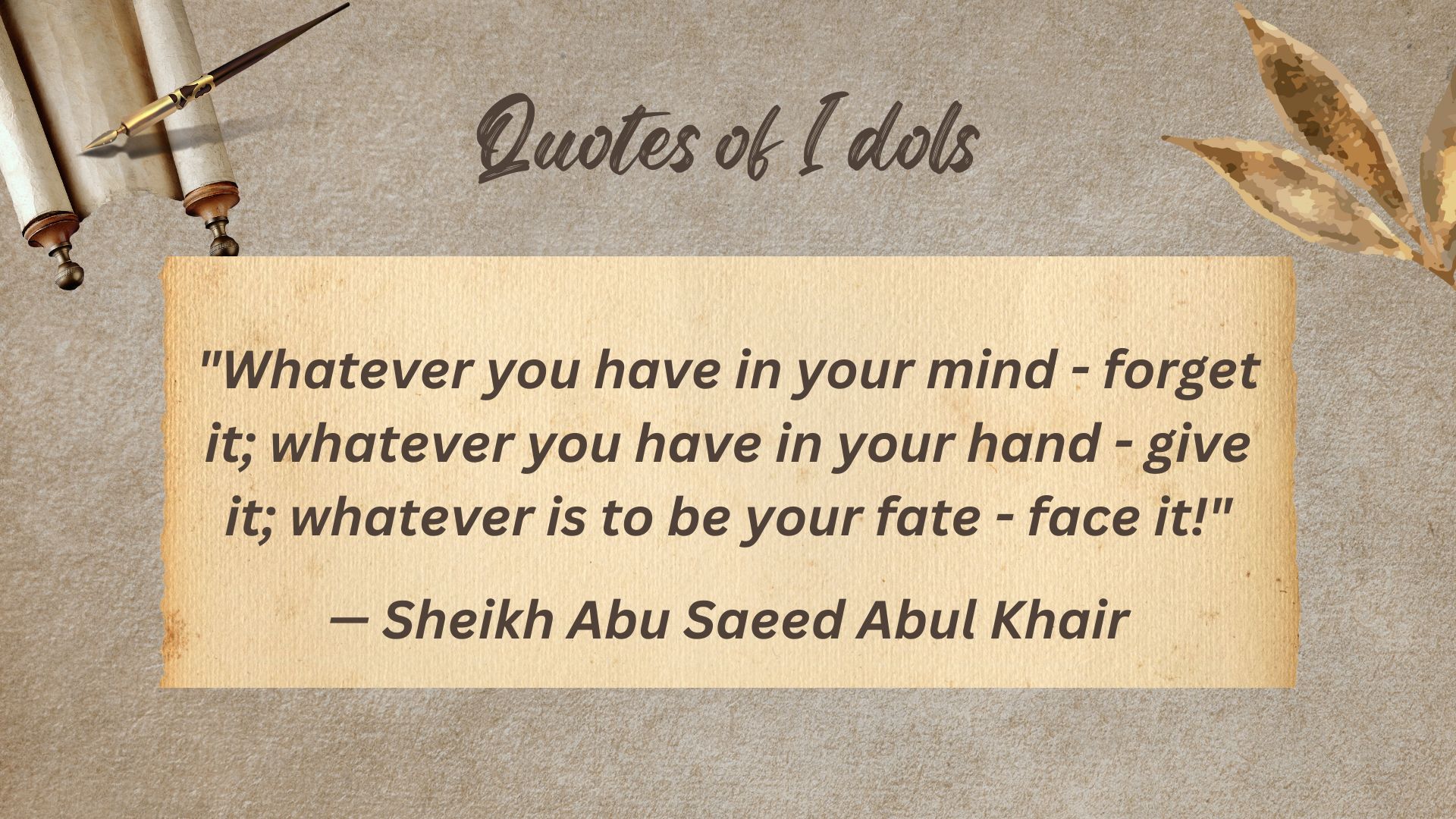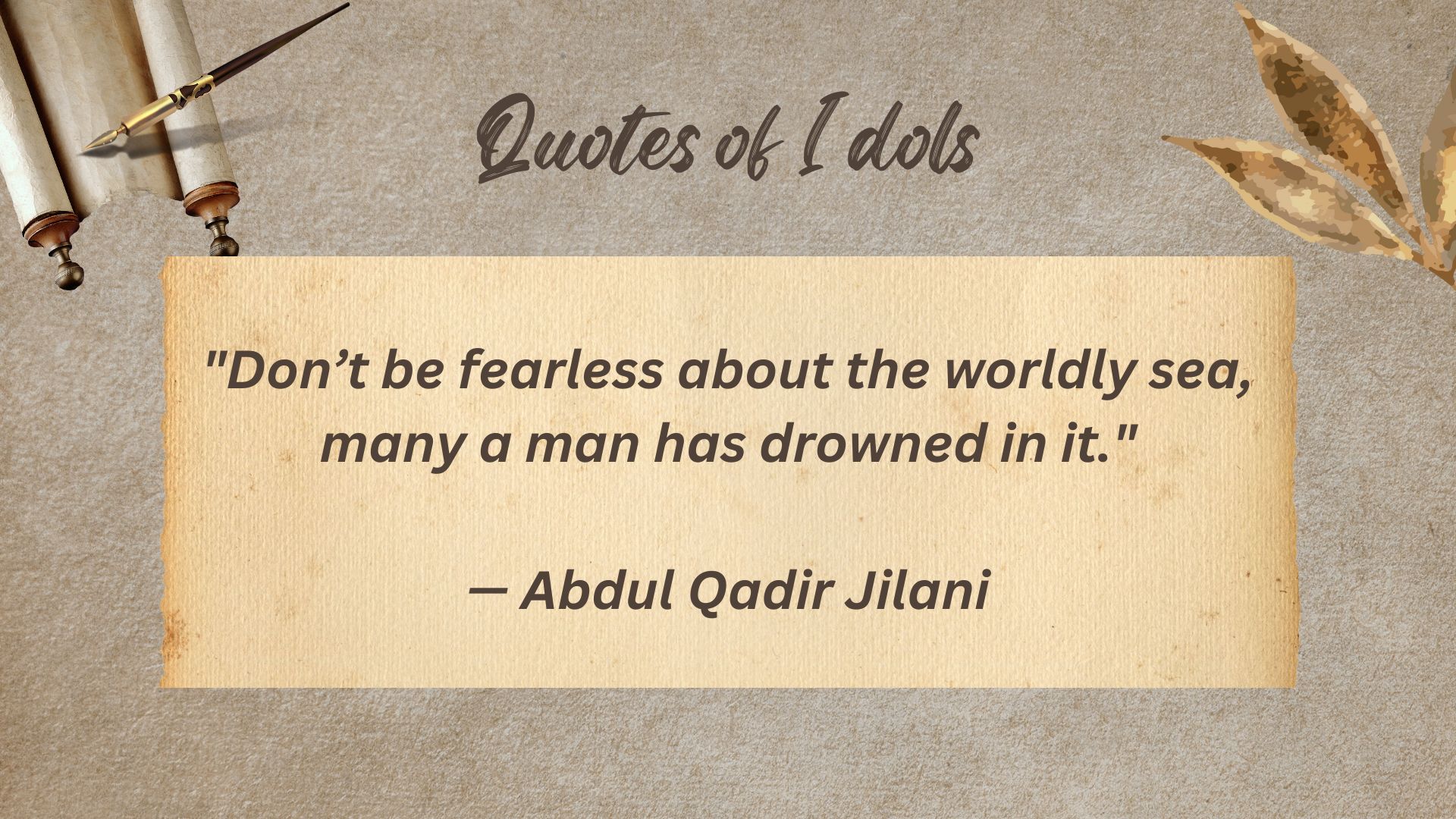All Time Famous Quotes of Haris al-Muhasibi
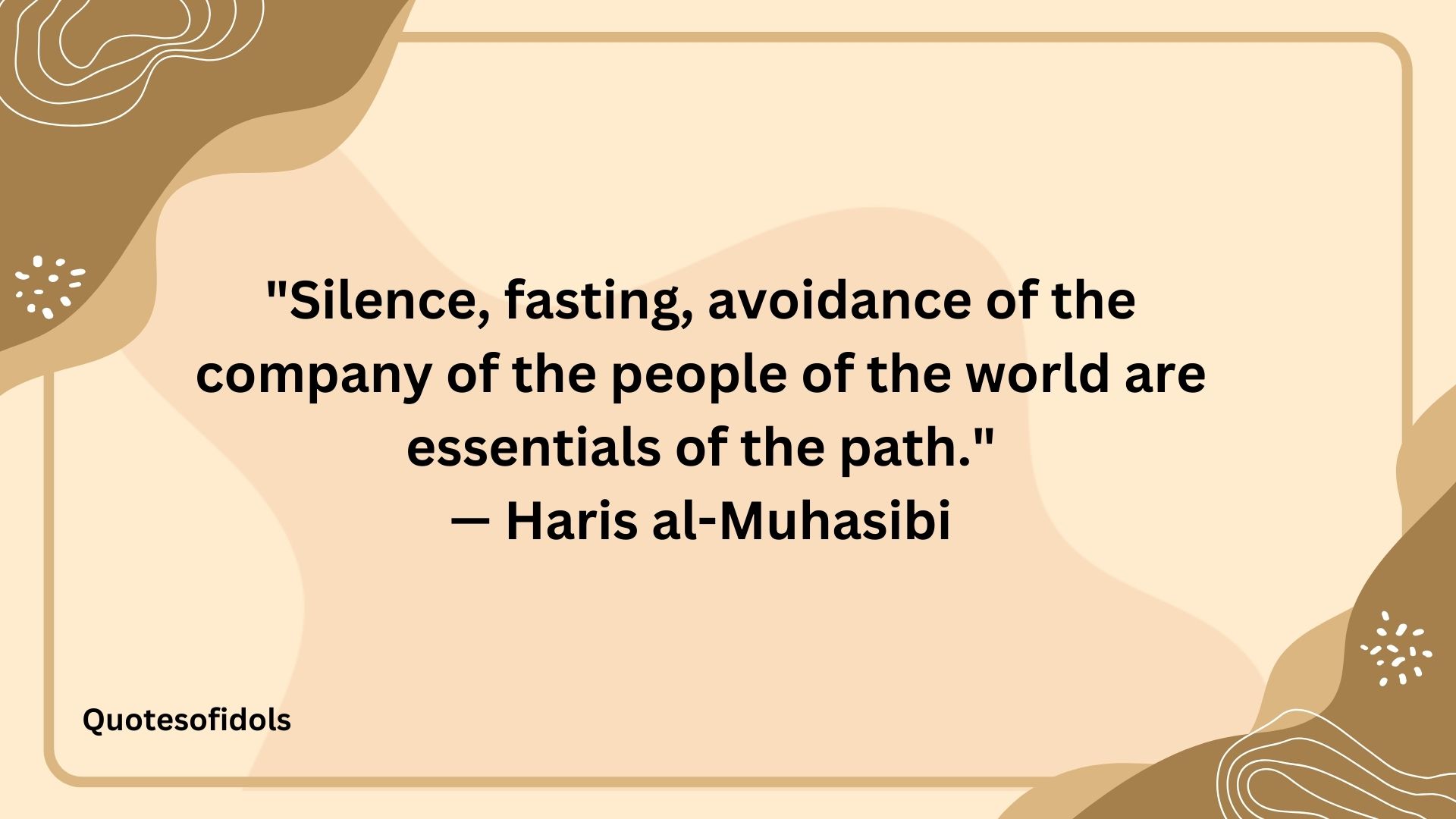
Haris al-Muhasibi, an influential Muslim scholar of the 8th and 9th centuries in Basra, Iraq, made significant contributions to Islamic spirituality and ethics. His key work, “Kitab al-Ri’ayah” (The Book of Spiritual Administration), focused on the purification of the soul and the development of moral character. Emphasizing self-awareness, self-discipline, and moral accountability, he stressed the inner dimension of faith and the cultivation of virtues like sincerity and humility. Al-Muhasibi highlighted practices such as self-examination (muhasabah) and repentance (tawbah) as vital for spiritual growth. His teachings greatly influenced later Islamic scholars, particularly within the Sufi tradition, shaping Islamic spirituality and ethics. The emphasis on self-awareness and moral accountability in his works remains relevant and continues to inspire Muslims seeking spiritual guidance and personal development.
Haris al-Muhasibi Quotes
01. “Eating to your fill tarnishes the mirror of the heart.”
— Haris al-Muhasibi
02. “To ponder over worldly matters creates obstacles in realization.”
— Haris al-Muhasibi
03. “Tasawwuf (Sufism) is bearing with all calamities and renouncing everything non-God.”
— Haris al-Muhasibi
04. “He who marries, talks a lot, or travels much is a worldly person.”
— Haris al-Muhasibi
05. “Fear of God develops yearning for Him and obtains His grace.”
— Haris al-Muhasibi
06. “To that one whom God has placed in the rank of His Lovers, He gives the vision of Himself, for He has sworn, saying: ‘By MY Glory, I will show him My Face and I will heal his soul by the vision of Myself.'”
— Haris al-Muhasibi
07. “He who loves the world can never get a taste for the Lord. Before the eyes of the Lord, the world is worth no more than a mosquito.”
— Haris al-Muhasibi
08. “When the enlightened one’s internal eyes are opened, his external eyes are blinded.”
— Haris al-Muhasibi
09. “Silence, fasting, avoidance of the company of the people of the world are essentials of the path.”
— Haris al-Muhasibi
10. “The cold sigh that a dervish draws in separation (helplessness) is superior to a hundred-year worship.”
— Haris al-Muhasibi
11. “When love is established in the heart of a servant, there is no place there for remembrance of man or demons or of Paradise or Hell, nor for anything except the remembrance of the Beloved and His grace.”
— Haris al-Muhasibi
12. “It is our loss if we lack three things: handsome appearance combined with modesty, words well-spoken combined with reality, strong brotherliness combined with fidelity.”
— Haris al-Muhasibi
13. “A Sufi is he who is entirely devoted to God because the realization of God is his only mission.”
— Haris al-Muhasibi
14. “A dry loaf is enough with which to entertain a Darvesh.”
— Haris al-Muhasibi
15. “Meditation is the gate of gnosis. It is the chief possession of the gnostic, that whereby the sincere and the God-fearing make progress on the journey to God.”
— Haris al-Muhasibi
16. “The chief part of the recollection (dhikr) of God is keeping close to Him. He who is preoccupied with God is separated from the creatures and those who are detached from the creatures have escaped to the regions of solitude and are alone with the sweetness of the recollection of God, and in proportion as the heart enters into communion with God, through recollection, it escapes from loneliness.”
— Haris al-Muhasibi
17. “Mystical training of self-examination is absolutely necessary for the ascetics since this is the only source of the attainment of purity. He says: ‘God has appointed self-mortification for the seeker, for the training of his soul.'”
— Haris al-Muhasibi
18. “Chivalry requires that you be just with others and that you don’t demand justice from them.”
— Haris al-Muhasibi
19. “Satisfaction (Rida) is the feeling of tranquility which the seeker enjoys during the period of afflictions in his separation from God.”
— Haris al-Muhasibi
20. “Weep and ponder on the end (of life).”
— Haris al-Muhasibi




